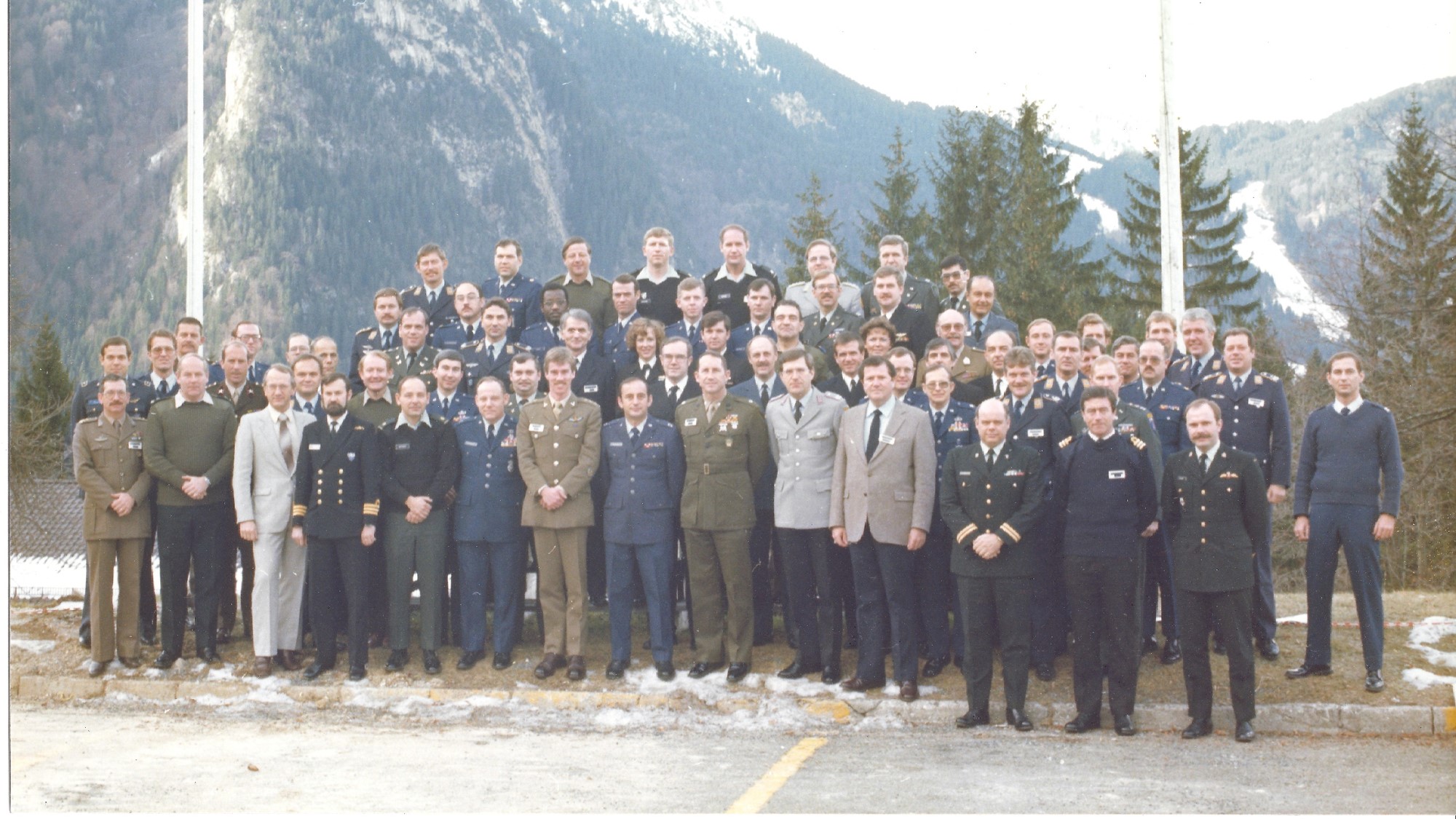These pages are for thoughts about life, life as it was then and is now
As I see it - Assault on Officership
An op-ed piece in the MOAA Magazine on 21 March 2013 By Col. Steve Strobridge, USAF (Ret) [which, sadly, now appears to have gone missing]

Having spent my first three active-duty years as a training officer and commander at Basic Military School at Lackland AFB, Texas, I was appalled at the recent scandal involving multiple sexual assaults on basic trainees by their instructors.
A couple of years ago, I was amazed that a flag officer was allowed to retire (at a lower grade) after being found to have intimidated a subordinate officer's wife into having a relationship with him.
More recently, I was surprised to hear a senior officer's conviction for sexual assault had been overturned by the flag-officer convening authority.
I'm shocked that significant numbers of females deployed to a combat zone report having been assaulted by their own brothers-in-arms — in some cases by their superior officers.
My female military friends say I'm naïve.
And DoD's own statistics seem to confirm that.
According to DoD's Sexual Assault Prevention and Response Office, about 19,000 servicemembers a year experience sexual assault, and the vast majority go unreported, in large measure because the victims believe nothing will be done or are afraid of retaliation or being labeled a troublemaker.
Only 8 percent of reported cases end up going to trial.
That seems a pretty low number, even considering the "he said, she said" potential.
DoD leaders say they're trying to establish a military culture that calls on bystanders to play a more active role in preventing sexual assault. A new public-service video features a male voice saying, "Preventing sexual assault is part of my duty."
No kidding. Have we sunk so low that we have to remind people in uniform that tolerating a felony is intolerable?
Apparently so. Not long ago, Congress had to pass a law specifying that people found to have committed sexual assault must be separated from service, because that didn't always happen.
That's a failure of officership, pure and simple.
One of the first tenets of leadership is officers take care of their troops — ALL of their troops.
Overlooking or making excuses for a felony is a failure of officership. Worse, it's an assault on the core tenets of officership.
Is it naïve to believe convicted felons should go to jail and that it's wrong to reward a convicted felon with a military retirement rather than expulsion from service?
Is it naïve to think officers - especially senior officers who are supposed to be examples of leadership - can't be exempt from that rule?
Wouldn't strict and consistent enforcement of that rule be the best possible reminder of officers' primary leadership responsibility?